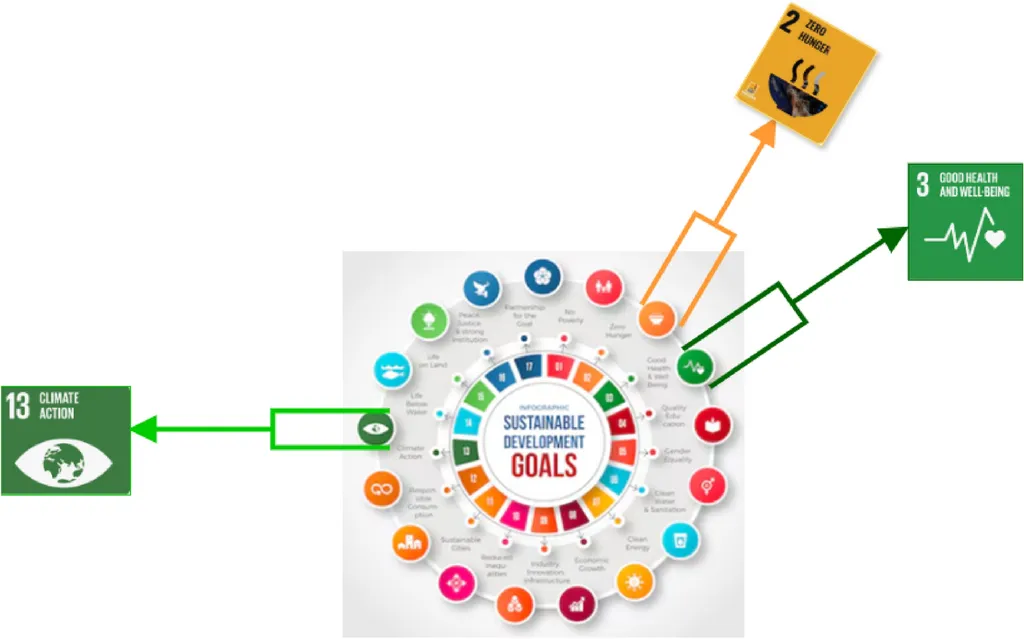In a groundbreaking study published in *Scientific African* (which translates to *African Science*), researchers have uncovered a compelling link between climate change, the green economy, and food security in Sub-Saharan Africa (SSA). Led by Olajide O. Oyadeyi of Imperial College Business School and Regent College in London, the research offers a nuanced look at how carbon emissions and green economic activities are shaping the future of food security in the region.
The study, which analyzed data from 39 SSA countries over nearly two decades, employed rigorous econometric techniques to dissect the complex interplay between these factors. The findings are clear: carbon emissions have a significantly negative impact on food security, while green economic activities can mitigate these adverse effects. “Our analysis shows that when climate change interacts with green economic activities, it curtails the adverse effects of carbon emissions on food security,” Oyadeyi explains. This insight underscores the critical role that sustainable practices and policies can play in safeguarding food systems against the ravages of climate change.
For the energy sector, these findings present both a challenge and an opportunity. As the world grapples with the need to reduce carbon emissions, the study highlights the potential for renewable energy initiatives to not only combat climate change but also to bolster food security. “Green policy measures are essential in steering food security and reducing the adverse effects of climate change on food systems,” Oyadeyi notes. This suggests that investments in renewable energy and sustainable land management practices could yield dual benefits—environmental stewardship and food security—thereby creating a more resilient and sustainable future for SSA.
The research also points to the need for strategic policy interventions that prioritize climate-smart agricultural methodologies. By focusing on sustainable land management and inclusive renewable energy initiatives, policymakers and stakeholders can pave the way for a more resilient food future. “This research delineates actionable pathways for policymakers and stakeholders, advocating for a multidimensional approach prioritizing food security in SSA,” Oyadeyi says.
As the world continues to confront the challenges posed by climate change, this study offers a roadmap for integrating green economic activities into agricultural systems. By doing so, it not only addresses the immediate needs of food security but also lays the groundwork for long-term sustainability. The findings contribute to the existing literature by delving into the holistic dynamics of climate change, the green economy, and food security, ultimately aligning with Sustainable Development Goals such as poverty eradication, hunger alleviation, climate action, and sustainable community development.
In the broader context, this research could shape future developments in the energy sector by emphasizing the importance of renewable energy initiatives and sustainable practices. As the world transitions towards a greener economy, the insights from this study could inform policy decisions and investment strategies, ultimately contributing to a more sustainable and food-secure future for Sub-Saharan Africa.

